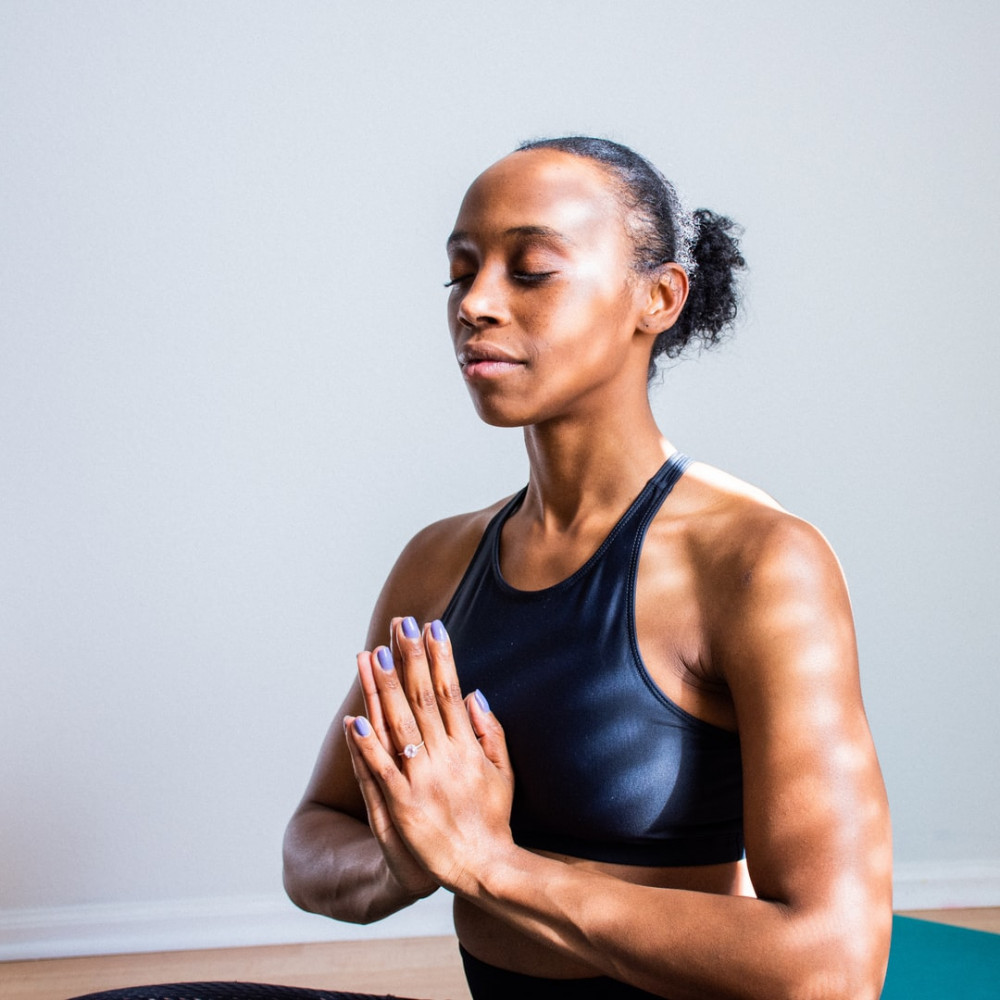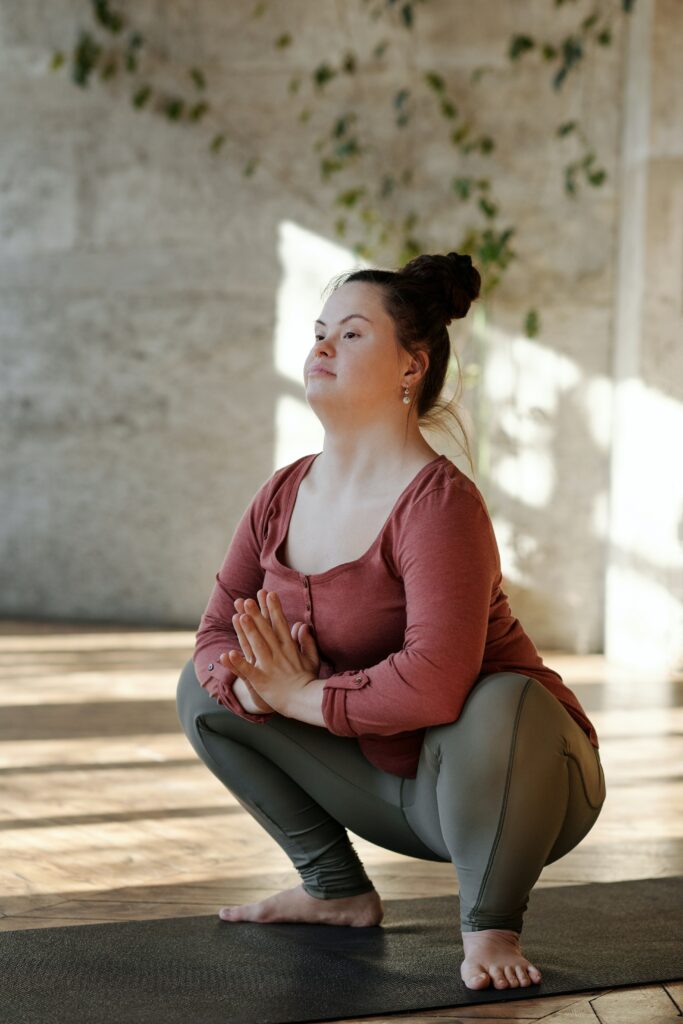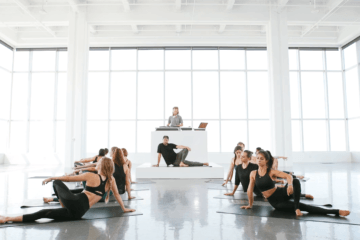Is yoga overrated? What Science Says in 2020
Let us define first what ‘overrated’ really means. Overrated is when something is considered better than they really are, as per the Cambridge Dictionary. So, following that train of thought, is yoga overrated? Yes, if you practice yoga out of misplaced expectations, vague intentions, and blind surrender to marketers.
Yoga has never bragged about its techniques, only outcomes. And so, I will brag more about yoga’s benefits, with recently published research in 2020.
There is one blog post that proves a point about how yoga lacks individualization and that classification is merely about skills level. In my opinion, if you have spinal or muscle injuries, you don’t go to an all-levels yoga class to do the healing for you. You consult a spine specialist, or attend a private yoga class so your specific needs will be addressed.
If you attend a yoga class with those expectations, it’s no different from self-diagnosis. If spinal healing is your intention for an all-levels class, then you’ll find yoga overrated. It’s no different from getting drunk to help you sweep your troubles under the rug.
Yoga is not in competition with other athletic activities. So, don’t get yourself confused. Relax, it’s just yoga.
Here, I listed the top 5 recently published articles about the benefits of yoga. Enjoy!
1. Yoga complements cognitive behavioral therapy
Cognitive behavioral therapy (CBT) is the professional approach to shifting mindsets, which eventually translates to emotion management. It is a short-term, practical psychotherapy and behavioral therapy which could be customized based on client’s personality. Moreover, it is a brief talk therapy that allows you to become aware of negative thought patterns.
An August 2020 study concluded that Kundalini yoga was efficacious for Generalized Anxiety Disorder (GAD), with CBT as the first-line treatment. It was a 5-year analysis of 226 patients suffering from anxiety. The objective is to study whether yoga is effective for intervention in anxiety treatment.
Yoga is also effective for neuropsychological rehabilitation. An August 2020 systematic review revealed cognitive, physical, and quality of life improvements for acquired brain injury patients.
2. Yoga is effective for lung care
Breathing-based yoga interventions are positively effective on exercise capacity and lung function. Chronic obstructive pulmonary disease (COPD) patients are least likely to engage in physical activity, but the slow breathing techniques in yoga improve resting pulmonary gas exchange.
A 2020 Current Opinion in Pulmonary Medicine research article reveals that yoga (and tai chi) as a community-based intervention is comparable to pulmonary rehabilitation interventions. Hence, yoga can be an effective adjunct intervention for patients with COPD.
3. Yoga improves sleep quality
Yoga as a mindfulness-based practice reduces sleep disturbance as it increases melatonin levels and decreases hyper arousal. Focused breathing and breath awareness as components of yoga induce a relaxed state.
The latest systematic review and meta-analysis of yoga’s effects on sleep quality among women revealed that yoga interventions have positive effects on sleep.
While some studies concluded that yoga has no effects, the researchers conclude that yoga as a non-pharmacological intervention can be beneficial than none at all. Moreover, yoga intervention is effective to non-breast cancer and non-peri/post-menopausal participants.
4. Yoga increases interoception
Interoception is our awareness of internal bodily states. It is the basis for ‘how I feel’. People with anxiety and depression are reportedly low on this.
This brain function is our ability to sense and make meaning to the sensations we feel, which results to better self-regulation. As a result, we can obtain balance or homeostasis.
Individuals with depression and anxiety, for example, show a reduced ability to adequately report interoceptive referents. Moreover, these mental disorders are not just simple interoceptive disorders, but are altered interoceptive states.
Yoga, as neuroimaging studies suggest, is a mind-body practice that improves interoceptive awareness. A July 2020 UK/Belgian neuroimaging study has proven how yoga interacts with brain areas involved in interoception, and even higher executive functions.

While it was a comprehensive review of previous studies, results were consistent that yoga has effects on neurological processes. The researchers recommend an experimental research design–with control group, and with subjects “in disease state”. Moreover, they encourage focusing on yoga’s asanas (postures), and less on its meditative aspects.
5. Yoga beyond 2020
The Westernized portrayal of the “yoga body” backed up the skeptics’ claims. Moreover, mainstream media seem to fail in inclusivity. Yoga Journal‘s dual cover controversy, for example, adds to the misrepresentation, and appears to empower privileges surrounding the practice.

A social action research completed in March 2020 suggests a real-world community-based settings for members of marginalized groups. A social justice-based health research, the researchers call upon yoga instructors to seek additional training on how to attract diverse groups within the studio environment. Moreover, they encourage yogis to go beyond the halls of yoga studios–assess their own biases in terms of body image and cultural engagement.
The researchers invite the yoga community to cultivate spaces for inclusion and accessibility. Moreover, they call upon us practitioners to ‘tune into our breath’ as we become proponents of cultural diversity and squash negative body image and self-objectification.

So, is yoga overrated?
For me, no. Why? Because the narrative with which I built yoga around my head still rings true.
I do not practice it just because everybody is doing it. Curiosity and self-discovery–these are a few of my reasons for practicing. And I like getting better everyday–I like competing with myself. Yoga helped me with that, so I fell in love not only with the practice, but also with myself.
It will not replace your therapy, nor it is much more robust than other exercise methods. But it will surely help you discover your self. Yoga is not overrated, unless you put too much expectations around it, especially if you practice it all for the wrong reasons. The perfect splits are secondary, and it’s not the end all and be all of healing.
Sometimes all we need to trust the process, and if you are impatient about yoga’s benefits, then maybe trust is what you need to work on. Maybe it’s your narrative that has to change, and yoga has nothing to do with it.
What are your thoughts about yoga being overrated? If you wish to start a home practice, you may love my review about an inclusive yoga app that will totally serve your holistic health needs.






0 Comments